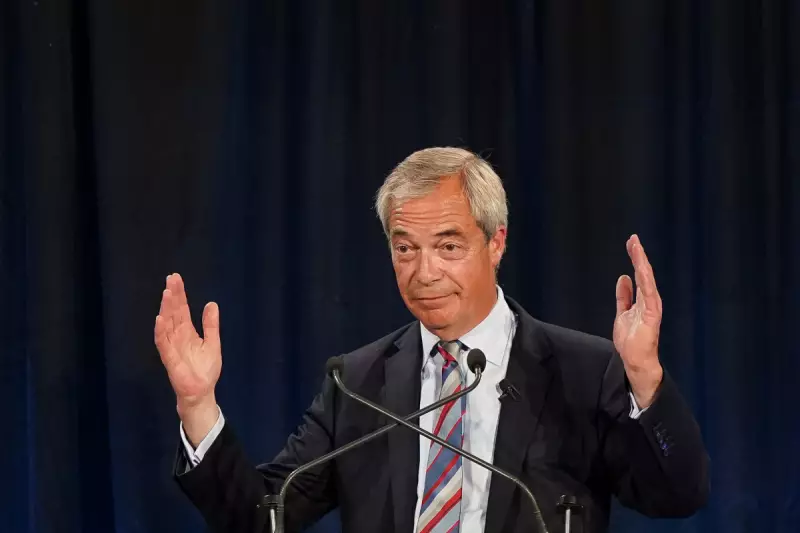
In a dramatic intervention that's sent shockwaves through financial circles, Nigel Farage has openly questioned the cherished independence of the Bank of England. The Reform UK leader's controversial comments suggest that political pressure may be influencing the central bank's crucial interest rate decisions.
The Independence Debate Reignited
Speaking with characteristic bluntness, Farage declared the Bank's supposed independence "a myth," pointing to what he perceives as political interference in monetary policy. This bold claim strikes at the heart of one of Britain's most fundamental economic principles - the separation of political and monetary decision-making.
Farage's Specific Allegations
The political firebrand didn't mince words when discussing Bank of England Governor Andrew Bailey. "He's not independent," Farage asserted, suggesting that external pressures are shaping the Monetary Policy Committee's choices on when and how much to adjust interest rates.
This isn't just political rhetoric - it touches on real concerns about how Britain manages its battle against persistent inflation while supporting economic growth.
Expert Reactions and Analysis
Financial experts are divided on Farage's claims. Some dismiss them as political posturing, while others acknowledge the delicate balance the Bank must maintain between its inflation-fighting mandate and political realities.
The timing is particularly significant as households and businesses across the UK grapple with the impact of successive interest rate hikes. With many mortgage holders facing payment shocks and businesses confronting higher borrowing costs, the Bank's decisions have never been more consequential.
Historical Context Matters
The Bank of England gained operational independence in 1997 under then-Chancellor Gordon Brown, a move widely credited with bringing stability to Britain's monetary policy. Farage's comments challenge this long-standing consensus and raise fundamental questions about how economic decisions are made in modern Britain.
What This Means for Your Wallet
Beyond the political drama, this debate has real-world implications for every British citizen:
- Mortgage rates and housing affordability
- Savings returns and investment decisions
- Business lending and economic growth prospects
- Pension fund performance and retirement planning
As the controversy continues to unfold, one thing is clear: the relationship between politics and monetary policy remains as contentious as ever in post-Brexit Britain.





